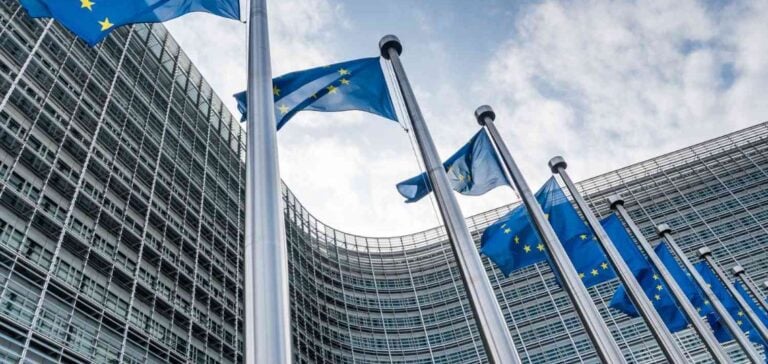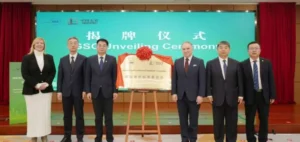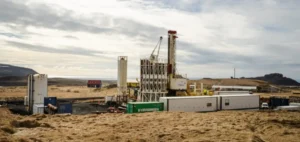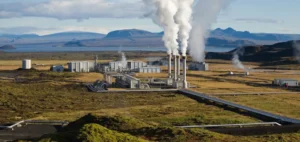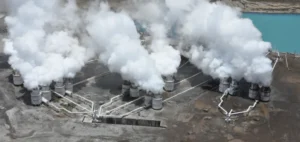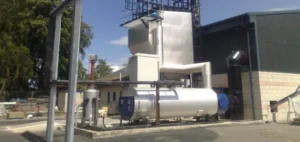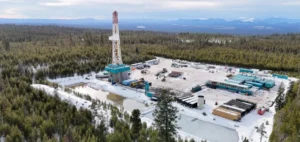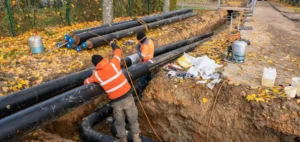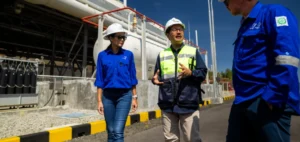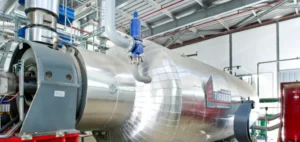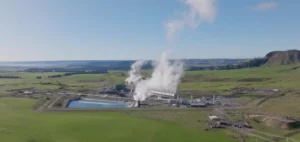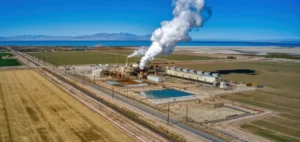The energy crisis caused by the Russia-Ukraine conflict has exposed structural weaknesses in the European Union’s (EU) energy strategy. Before the conflict, around 40% of the EU’s gas supply came from Russia, highlighting the urgent need to diversify its energy sources. In this context, geothermal energy is emerging as a strategic alternative.
Geothermal energy, a renewable and local resource, offers significant potential to reduce reliance on energy imports. It is particularly suited to meeting heating and cooling needs in buildings as well as generating electricity. Countries like Italy, Iceland, France, and Germany possess exploitable geothermal resources, increasing the appeal of this energy within the EU.
Untapped Potential
Geothermal energy stands out for its ability to produce continuous energy, unlike solar and wind energy, which depend on weather conditions. Geothermal infrastructure can also be modularly integrated, facilitating gradual adoption and reducing long-term costs. Despite these advantages, its potential remains largely underutilized in Europe.
Obstacles to implementing geothermal projects are numerous. Among them, high initial investments related to drilling and equipment installation pose a major challenge. Furthermore, heterogeneous regulatory frameworks across member states complicate coordination and project execution at the European level. Finally, limited awareness among policymakers and investors hinders the development of this sector.
Initiatives to Accelerate Adoption
To address these challenges, the EU is working to harmonize regulatory frameworks to simplify access to permits and financing. The creation of European funds dedicated to energy transition could also help cover initial project risks, thus attracting more investors. Moreover, support for research and technological innovation is essential to reduce drilling costs and improve the efficiency of geothermal systems.
Simultaneously, educating and raising awareness among stakeholders is crucial. Policymakers and investors need to understand the economic and environmental benefits of geothermal energy to promote broader adoption. Success stories from countries like Iceland, where this technology is used on a large scale, can serve as inspiring models.
Economic and Environmental Impact
The growth of geothermal energy could have significant economic benefits. Building and maintaining infrastructure could create numerous local jobs, particularly in civil engineering and heat network management. Environmentally, this technology significantly reduces CO₂ emissions by limiting the use of fossil fuels.
Additionally, by leveraging local geothermal resources, the EU strengthens its energy sovereignty and reduces its vulnerability to fluctuations in international markets. This strategic positioning is especially important in a context marked by increasing geopolitical tensions.
Towards Greater Energy Sovereignty
To maximize geothermal energy’s potential, the EU must adopt a coordinated approach combining ambitious policies, tailored financing, and technological innovations. While challenges remain, this renewable energy offers a unique opportunity to enhance energy security while meeting climate goals. With a clear vision and coordinated efforts, geothermal energy could become a cornerstone of Europe’s energy transition.


